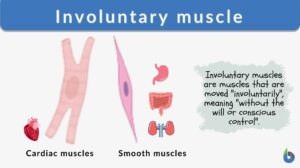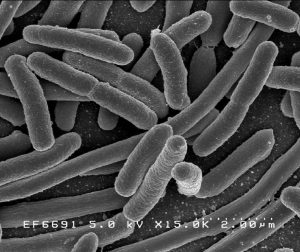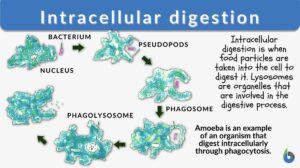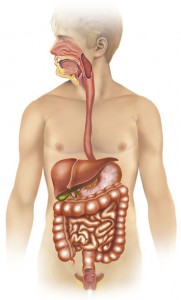Search Results for: intestinal
Intestinal mucosa
Definition noun The lining of the intestines, thus the mucous membrane facing the intestinal lumen Supplement The intestinal... Read More
Absorption
Absorption can be defined as the process of assimilating substances across the intestinal epithelial cells or the tissues... Read More
Digestive Enzymes
Have you ever thought about what happens to the food after you have taken it into your mouth? How those big steak pieces... Read More
Digestion and Absorption of Food
The gastrointestinal (GI) system includes the gastrointestinal tract (mouth, pharynx, esophagus, stomach, small intestine,... Read More
Glycocalyx
What is the Glycocalyx? The glycocalyx is a polysaccharide-based gel-like, highly hydrous cellular thin layer, covering... Read More
Human milk oligosaccharide
Definition noun plural: human milk oligosaccharides An oligosaccharide that occurs in high concentrations and exclusively... Read More
Tight junction
What are tight junctions? Tight junctions are the intercellular barrier between two neighboring endothelial and epithelial... Read More
Decomposer
Decomposer Definition The organisms that carry out the process of decay or breakdown of the dead organism are known as... Read More
Parasitism
Organisms depend on different sources of food to survive. Larger organisms like plants make their own food (autotrophs) and... Read More
Involuntary muscle
A muscle act typically either under the control of the will or without conscious control. Muscles that can be controlled at... Read More
“Mutualism factor” could explain why body does not attack normal flora
When sadness reeks in and you feel as if you are all by yourself, think again. That is because you are never alone. As a... Read More
Eubacteria
Eubacteria are prokaryotic microorganisms consisting of a single cell lacking a nucleus and containing DNA is a single... Read More
Terminal web
Definition noun (cell biology) The subapical zone rich in microfilaments, and acts as the attachment point for the bundles... Read More
Anastomosis
Definition noun, plural: anastomoses (1) Interconnection between parts of a branching system forming a network, as in leaf... Read More
Amphipathic
Amphipathic Definition Amphipathic is a word used to describe a chemical compound containing both polar (water-soluble) and... Read More
Ascaris lumbricoides
Definition noun A parasitic roundworm of humans, generally dwelling in the intestines of human host Supplement Ascaris... Read More
Microvillus
Definition noun, plural: microvilli Any of the minute hairlike structures projecting from the exposed surface of the cell in... Read More
Amoebic dysentery
Definition noun A form of dysentery in which the causative agent is an amoeba, particularly Entamoeba... Read More
Assimilation
Assimilation Definition What is assimilation? Assimilation in biology is defined as the process in which living organisms... Read More
Reduction en masse
reduction en masse reduction of hernial sac and contents, so that intestinal obstruction is still... Read More
Chylomicron
Definition noun, plural: chylomicrons Any of the lipoprotein particles found in blood and lymph that is associated with the... Read More
Vitamin Bx
Definition noun A term for para-aminobenzoic acid, a factor in the vitamin B complex. Supplement Para-aminobenzoic acid or... Read More
Transcellular fluid
Definition noun A bodily fluid found in chambers created by the linings of epithelial cells Supplement The extracellular... Read More
Cellular respiration
Cellular Respiration Definition What is cellular respiration in simple terms? Cellular respiration can be defined simply as... Read More
Intracellular digestion
Intracellular Digestion Definition What is intracellular digestion? ‘Intra’ means "inside" and ‘cellular’ pertains... Read More
Pendular movement
pendular movement A to-and-fro movement of the intestine, without any propelling or peristaltic action, whereby the contents... Read More
Necatoriasis
Definition noun (parasitology) Infestation with Necator hookworms Supplement Necatoriasis is an infestation (or infection)... Read More
How Celiac Disease Affects The Digestive System
Celiac disease is a condition that affects the digestive systems of many individuals all over the world, and in this... Read More

















